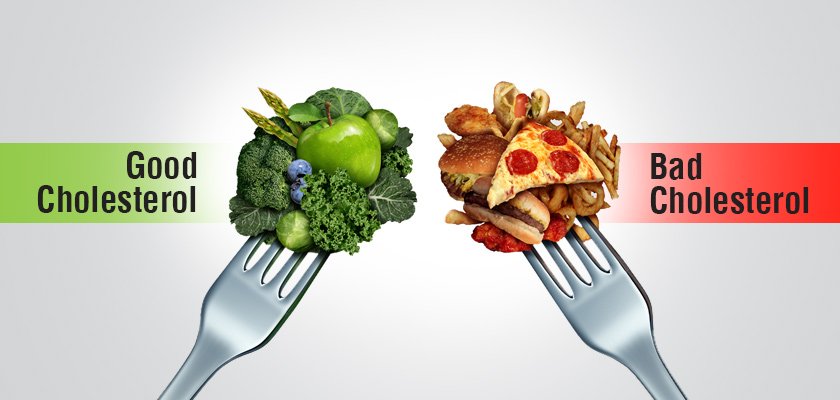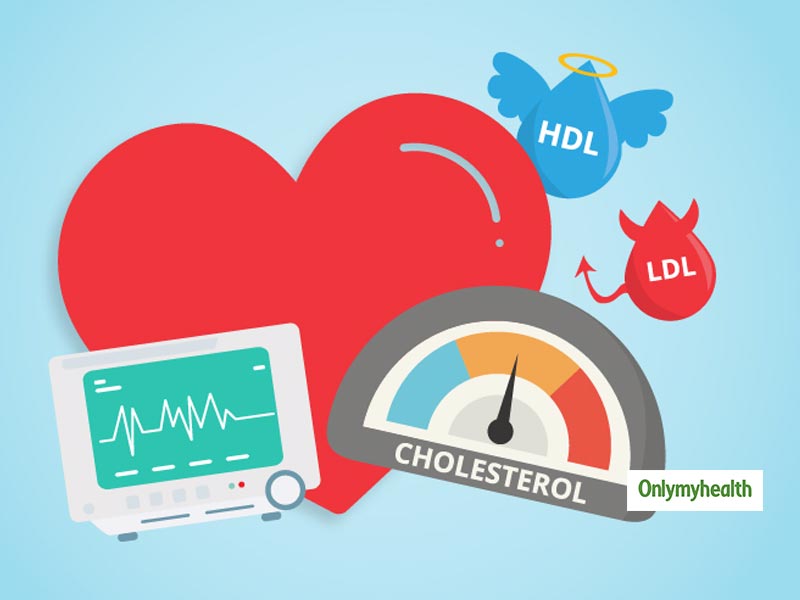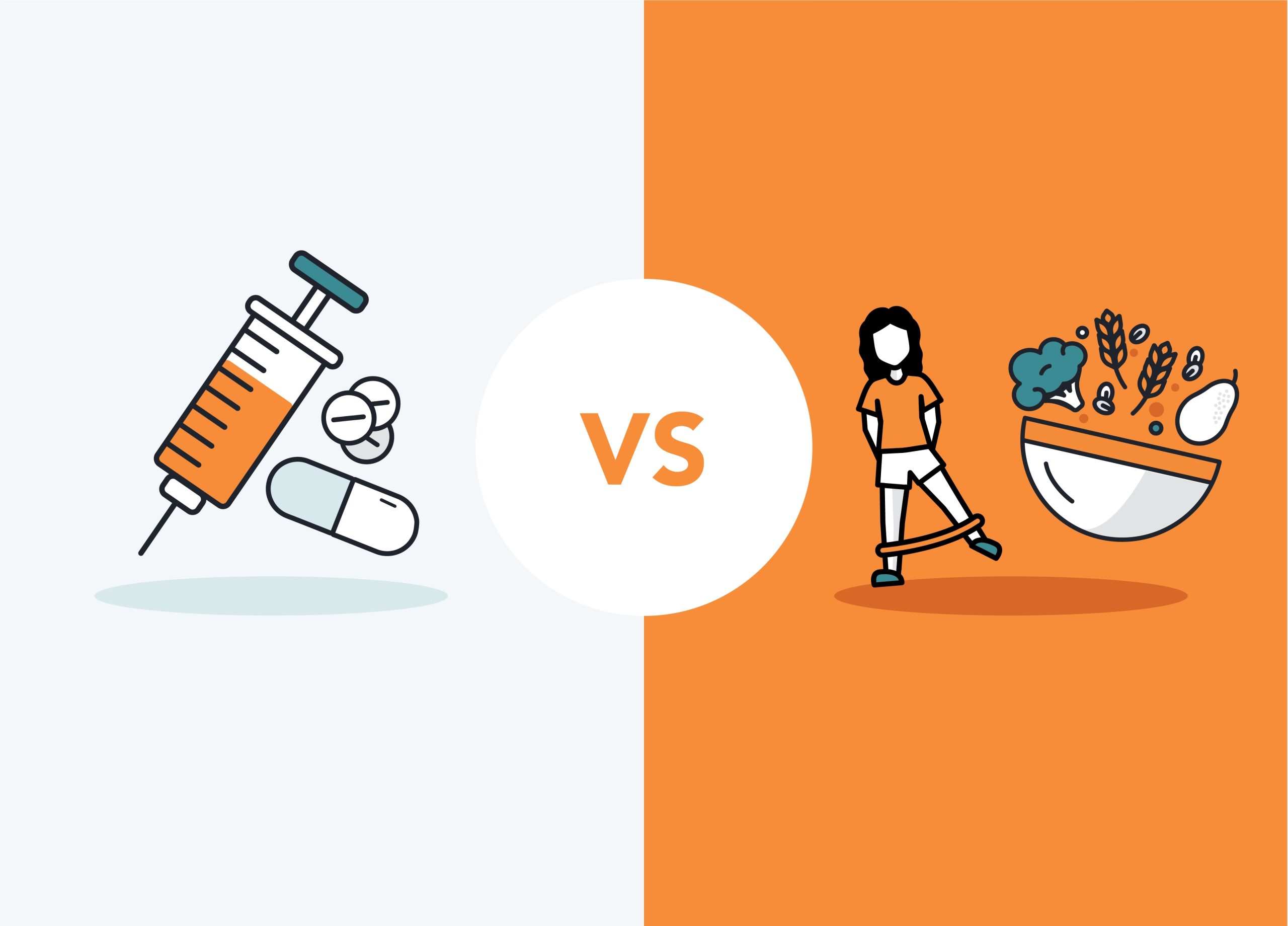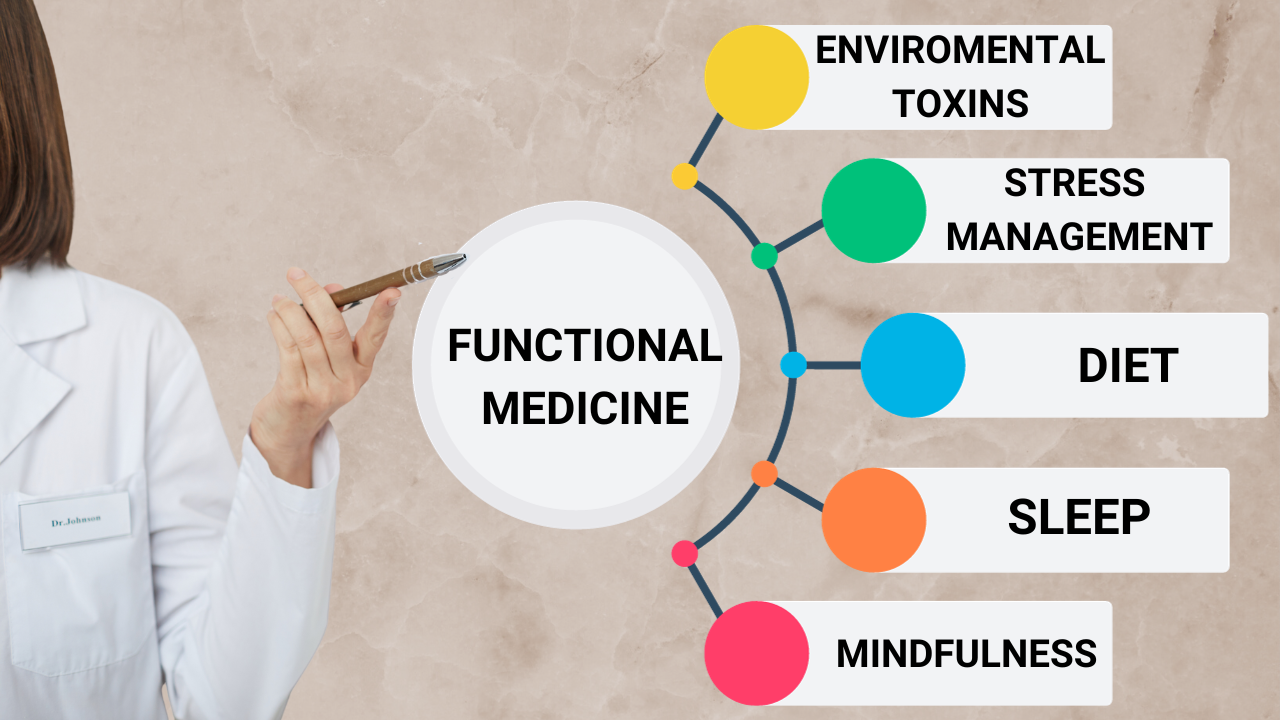
What is Cholesterol?
Cholesterol is a waxy substance produced by the liver and found in all cells of the body. While it's essential for various functions like building cell membranes and producing hormones, high levels of cholesterol can increase the risk of heart disease.

Types of Cholesterol
- Low-density lipoprotein (LDL): Often referred to as "bad cholesterol," high LDL levels can contribute to plaque buildup in arteries.
- High-density lipoprotein (HDL): Known as "good cholesterol," HDL helps remove LDL from the bloodstream, reducing the risk of heart disease.
Traditional Cholesterol Management Strategies
In addition to functional medicine, traditional cholesterol management strategies often include:
- Medication: Statin drugs can help lower LDL cholesterol levels.
- Lifestyle Changes: These include a healthy diet, regular exercise, weight management, and avoiding smoking.

Functional Medicine Approach to Cholesterol Management
Functional medicine offers a holistic approach to managing cholesterol, focusing on addressing the underlying root causes rather than just treating the symptoms. Here's how it differs from traditional medicine:
- Holistic Assessment: Functional medicine practitioners conduct thorough assessments to identify individual factors contributing to high cholesterol, such as dietary sensitivities, gut health imbalances, or hormonal imbalances.
- Personalized Treatment Plans: Based on the assessment, individualized treatment plans are created that may include dietary modifications, nutritional supplements, lifestyle changes, and targeted therapies.
- Addressing Underlying Causes: Functional medicine aims to address the root causes of high cholesterol, rather than just managing the symptoms themselves. This can lead to more comprehensive and effective treatment outcomes.
- Supporting Overall Health: Functional medicine focuses on optimizing overall health and well-being, which can benefit individuals with high cholesterol in various ways, including improved sleep, digestion, and energy levels.
- Empowering Individuals: Functional medicine empowers individuals by providing them with the knowledge and tools to manage their cholesterol at home.

Conclusion
A functional medicine approach can offer a valuable complement to traditional cholesterol management strategies by addressing the underlying root causes of the condition. By combining functional medicine with traditional approaches, individuals can take a more comprehensive and effective approach to managing their cholesterol and reducing their risk of heart disease.
Disclaimer: The information and other content provided in this blog, or in any linked materials, are not intended and should not be construed as medical advice, nor is the information a substitute for professional medical expertise or treatment. If you or any other person has a medical concern, you should consult with your healthcare provider.
